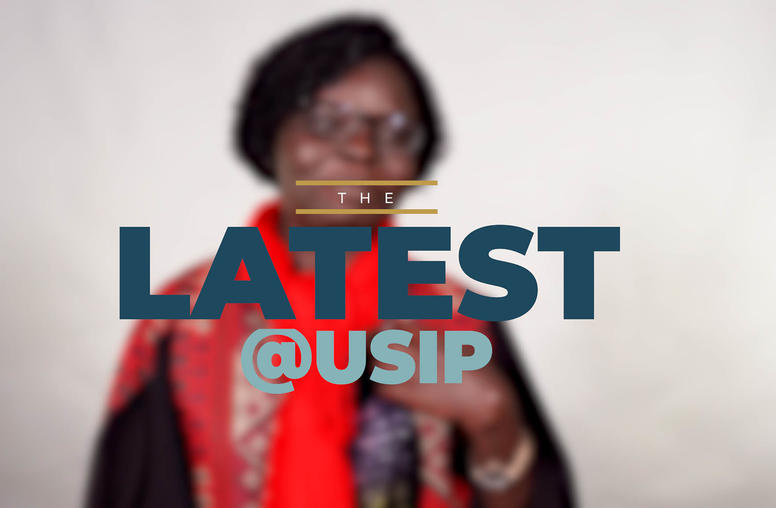Truth Commission: Uganda 86
Truth Commission: Commission of Inquiry into Violations of Human Rights
Duration: 1986 – 1994
Charter: The Commissions of Inquiry Act Legal Notice No. 5
Commissioners: 6
Report: Public report
Truth Commission: Commission of Inquiry into Violations of Human Rights
Dates of Operation: 1986 - 1994 (8 years; however, its work was interrupted as a result of financial problems in 1987.)
Background: Hundreds of thousands of civilians lost their lives under the military dictatorship of Idi Amin between 1971 and 1979 and under the following government of Milton Obote from 1980 to 1985. Yoweri Museveni, who was still president in 2009, overthrew Obote in 1986. Museveni attempted to improve his country’s reputation concerning human rights while reducing the power of former officials. The National Resistance Army arrested and tried several soldiers and civilians for crimes committed under the two previous regimes. In May 1986, Museveni’s Justice Ministry set up a Commission of Inquiry into Violations of Human Rights.
Mandate: The Commission of Inquiry into Violations of Human Rights was created to investigate “all aspects of human rights abuses” committed under the previous governments from the time of independence on October 9, 1962, until Museveni came into power on January 25, 1986. It was to pay specific attention to arbitrary arrests, detentions and killings. The commission’s broad mandate also included forced displacement, disappearances, discrimination, and it authorized the commission to recommend ways to prevent future abuses.
Charter: The Commissions of Inquiry Act Legal Notice No. 5 (PDF-75KB), May 16, 1986
Commissioners and Structure: The Commission of Inquiry into Violations of Human Rights was comprised of six commissioners, all male, and was chaired by Ugandan Supreme Court Justice Arthur Oder.
Report: The Commission of Inquiry into Violations of Human Rights published the results of its investigations in 1994, but the report was not widely disseminated. See the publication information under sources.
Findings:
Conclusions
- The commission found evidence of widespread arbitrary detention.
Recommendations
- The commission recommended the repeal of laws allowing detention without trial.
- It recommended that human rights education should be incorporated into the curricula of schools and universities and into the training programs of the army and security forces.
Special Notes: Hearings were held in public and some were even broadcast on national radio and television. Throughout its work, the commission was confronted with a lack of political support. After the commission’s financial downturn in 1987, the Ford Foundation donated $93,000 USD to the Ugandan government to allow the commission to continue its work. Despite other international donations, the commission faced continuous financial problems further delaying its work. Many people assert that the Commission only served as a political strategy to provide legitimacy to the new government.
Sources:
Center for the Study of Violence and Reconciliation. "Justice in Perspective - Truth and Justice Commission, Africa - Uganda - Commission of Inquiry into Violations of Human Rights." Center for the Study of Violence and Reconciliation. Available at http://www.justiceinperspective.org.za/index.php?option=com_content&task=view&id=38&Itemid=19 (accessed June 25, 2008).
Hayner, Priscilla B. Unspeakable Truths: Facing the Challenge of Truth Commissions. New York: Routledge, 2002.
Peterson, Trudy Huskamp. Final Acts: A Guide to Preserving the Records of Truth Commissions. Washington, D.C.; Baltimore: Woodrow Wilson Center Press ; Johns Hopkins University Press, 2005. Available at http://www.wilsoncenter.org/book/final-acts-guide-to-preserving-the-records-truth-commissions (accessed October 26, 2008).
Quinn, Joanna R. "Constraints: The Un-Doing of the Ugandan Truth Commission." Human Rights Quarterly 26, (2004): 401-427.
Quinn, Joanna R. The Politics of Acknowledgement: An Analysis of Uganda’s Truth Commission. YCISS Working Paper Number. Vol. 19 York Centre for International and Security Studies, 2003. Available at http://www.yorku.ca/yciss/publications/WP19-Quinn.pdf (accessed June 25, 2008).
TRIAL (Track Impunity Always). "Truth Commission in Uganda." Available at http://www.trial-ch.org/en/truth-commissions/uganda.html (accessed June 11, 2009).
Uganda. Commission of Inquiry into Violations of Human Rights. The Report of the Commission of Inquiry into the Violations of Human Rights: Findings, Conclusions and Recommendations. Kampala, Uganda: 1994.



